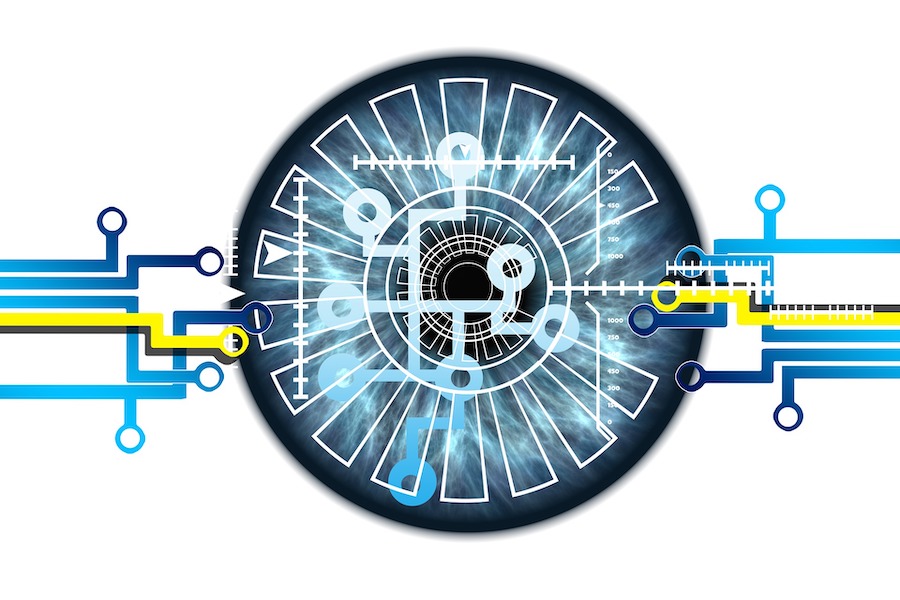Get ready, hotels, the next generation of travelers are here, and they are here to stay! They have different travel patterns and different needs from guest rooms to a completely new expectation regarding service. This is quickly turning the hotel industry from “technology using” to “technology dependent”, pushing them to make big changes operationally, so they can keep up with demands and provide effective service, all while still maintaining their brand visions and adhering to external influences.
Here are some ways the hospitality industry can ensure their adaptability to these new realities:
Accept yourself as a technology company:
Not just hotels, all companies are technology companies now. Any minor changes in their offering, such as poor wi-fi, can deteriorate the business’ reputation and their ability to attract customers. All elements of an organization, including marketing, reservations, food and beverage, housekeeping, run on technology, so the sooner we start accepting that as the norm, the quicker we will be able to keep up with the times and continue to attract guests
Focus on long-term gains:
This goes without saying, hotels and many other businesses are budget focused, which makes it difficult to implement certain high-cost changes. However, in order to be tech-competitive, it is necessary to allot a certain amount on innovation so that you may positively impact your bottom line in the years to come. This goes together with a complete system overhaul, which could include using a new PMS, one that is cloud-based, mobile compatible, easily interfaced, and user-friendly
Home away from home:
This is an idea that hotels have always accepted, but not one that they have necessarily implemented. It is possible to recreate the comforts of home technology in a guest room. Marriott has brought Alexa to some of its US properties by installing Amazon Echo to assist with functions such as ordering room service, providing concierge advice, and even housekeeping requests. Today’s global traveler wants to feel connected and expects personalization that goes beyond a Nespresso coffee machine.
Build the right team
Just as hotels are expected to accept themselves as part of the tech sector, their staff should also be tech savvy and ready for these new changes. Take the time to hire the right people, or properly train your current team. All adaptations to technology begin internally and your team should have basic troubleshooting skills so they can better understand the systems in place and assist guests if needed.
Stay authentic, stay local, and protect the environment:
Okay, this does not match the above-mentioned theme of technological developments, but it still plays a huge role in strategies to attract Gen Z. If there is anything that we have learned from the success of AirBnB, it is that young people respect authenticity and honest ratings. Being eco-friendly is also increasingly important for these travelers, and while it is impossible to be completely green overnight, efforts should be made to implement new initiatives.
–
It can be difficult to make these changes, specially since technology is ever-improving and everyone is striving to keep up. This is where it becomes important to evaluate what would work best for your hotel and which shift will see the highest result. Even something as simple as creating a mobile-friendly seamless arrival process can be a giant leap forward in making your hotel stand out in its market and make it a visible leader for the new generation.
Click here to learn about how RoomKeyPMS can help you with your technological evolution!
Image Credit: Daria Nepriakhina on Unsplash




